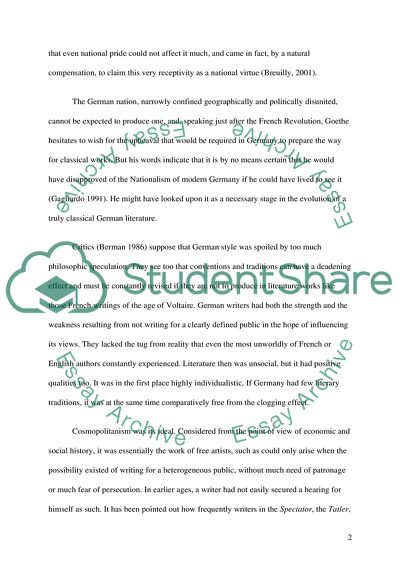Cite this document
(“A Music Essay Example | Topics and Well Written Essays - 1500 words - 1”, n.d.)
A Music Essay Example | Topics and Well Written Essays - 1500 words - 1. Retrieved from https://studentshare.org/music/1539069-a-music-essay
A Music Essay Example | Topics and Well Written Essays - 1500 words - 1. Retrieved from https://studentshare.org/music/1539069-a-music-essay
(A Music Essay Example | Topics and Well Written Essays - 1500 Words - 1)
A Music Essay Example | Topics and Well Written Essays - 1500 Words - 1. https://studentshare.org/music/1539069-a-music-essay.
A Music Essay Example | Topics and Well Written Essays - 1500 Words - 1. https://studentshare.org/music/1539069-a-music-essay.
“A Music Essay Example | Topics and Well Written Essays - 1500 Words - 1”, n.d. https://studentshare.org/music/1539069-a-music-essay.


